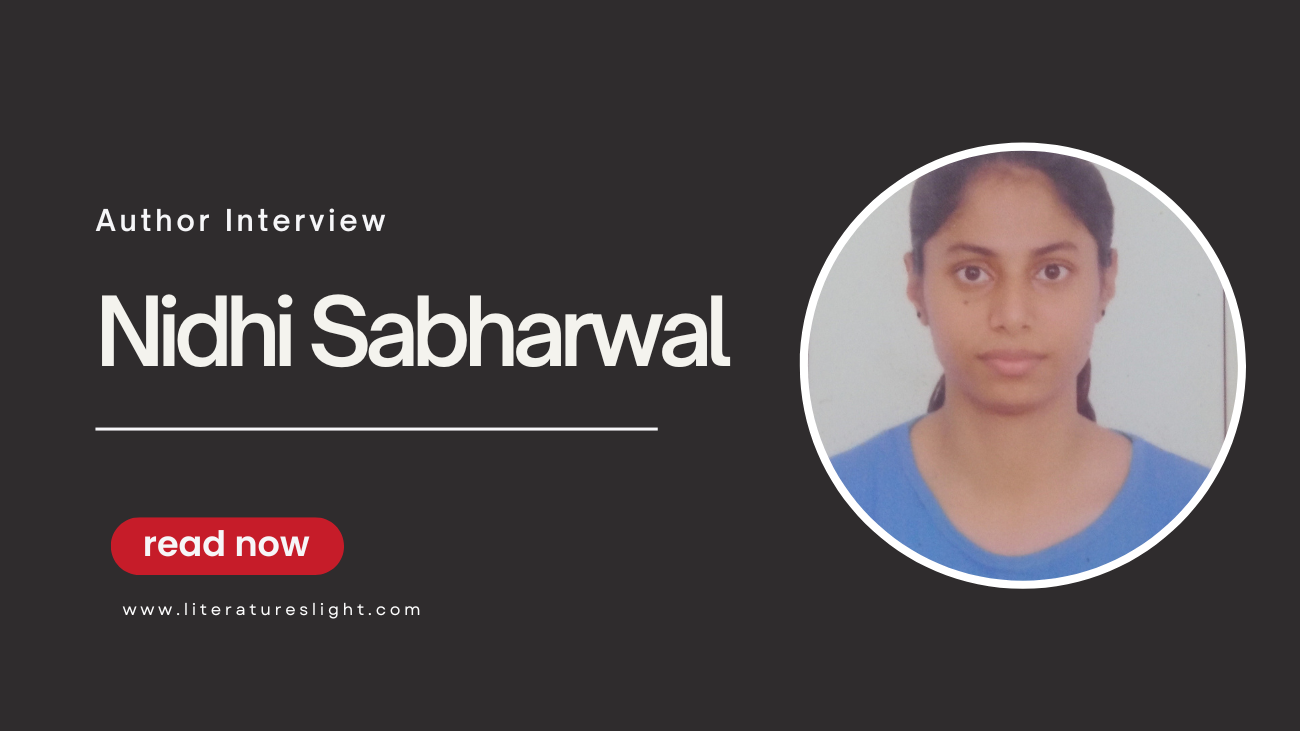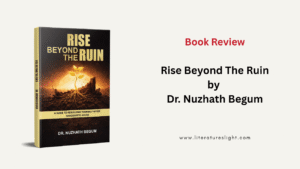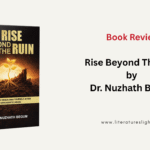Interviewer: What inspired you to write Even in a Toxic World, You Can Bloom at this stage of your life?
Nidhi Sabharwal: My journey through emotional pain, healing, and self-discovery inspired me. I realized that even in the darkest environments, growth and blooming are possible. I wanted to share that hope with anyone who might be feeling alone in their struggles.
Interviewer: You speak openly about emotional struggles. Was it difficult for you to be this vulnerable in your writing?
Nidhi Sabharwal: Yes, it was difficult. Being vulnerable meant reliving some painful moments. But I believed that true connection happens when we are honest. I chose to write from my heart, hoping that my truth would help others feel seen and understood.
Interviewer: In your opinion, what is the biggest cause of emotional toxicity in today’s society?
Nidhi Sabharwal: The biggest cause is the combination of unrealistic social comparisons, a lack of empathy, and the constant pressure to appear “perfect.” In chasing validation, we have forgotten how to truly connect with and care for each other.
Interviewer: How do you personally deal with the pressures of social media and societal expectations?
Nidhi Sabharwal: I remind myself that social media is just a tool, not my identity. I limit my exposure, focus on real-life connections, and stay grounded in my values instead of getting caught up in comparisons or judgments.
Interviewer: Your book emphasizes setting boundaries. Could you share an experience where setting a boundary changed your life?
Nidhi Sabharwal: Setting boundaries with toxic relationships was life-changing for me. Learning to say “no” and protecting my emotional space helped me regain my peace and self-worth. It taught me that protecting my energy isn’t selfish — it’s necessary.
Interviewer: You say the book is meant to connect, not impress. How important is authenticity to you as a writer and as a person?
Nidhi Sabharwal: Authenticity means everything to me. I didn’t want to impress anyone; I wanted to be real. I believe that only raw, honest words can truly touch another heart. I would rather be genuine and relatable than polished but distant.
Interviewer: What advice would you give to someone who feels trapped in a toxic environment but doesn’t know where to start healing?
Nidhi Sabharwal: Start by acknowledging your pain — you are not overreacting. Set small boundaries, seek out safe spaces, and remember that healing is not an overnight journey. It’s okay to ask for help, and it’s okay to put yourself first.
Interviewer: How do you balance your academic life in law with writing and expressing your emotions so deeply?
Nidhi Sabharwal: I manage my time carefully, dedicating focused attention to my studies and allowing myself time to write as a form of emotional release. Writing isn’t a burden for me — it’s a way to heal and stay connected to my true self.
Interviewer: Which part of the book was the hardest for you to write, and why?
Nidhi Sabharwal: Writing about mental health ignorance was the hardest. It hit very close to home because I have personally experienced the pain of feeling unseen and misunderstood. Expressing that truth in words was both painful and healing.
Interviewer: What message do you hope readers carry with them after finishing your book?
Nidhi Sabharwal: I want readers to remember: “You are not broken. You are healing.” No matter how toxic the world may seem, you have the strength to heal, to grow, and to bloom — at your own pace, in your own way.






